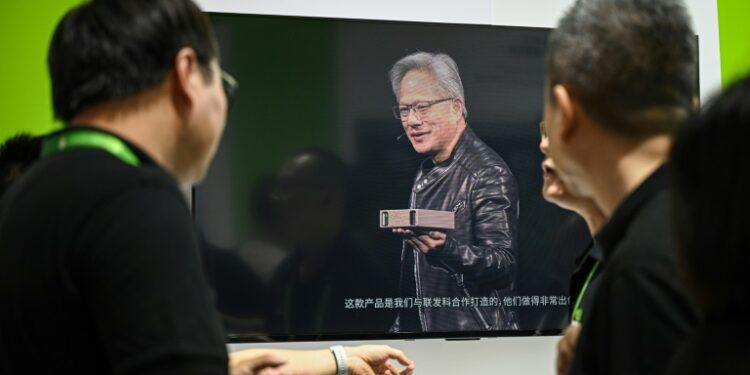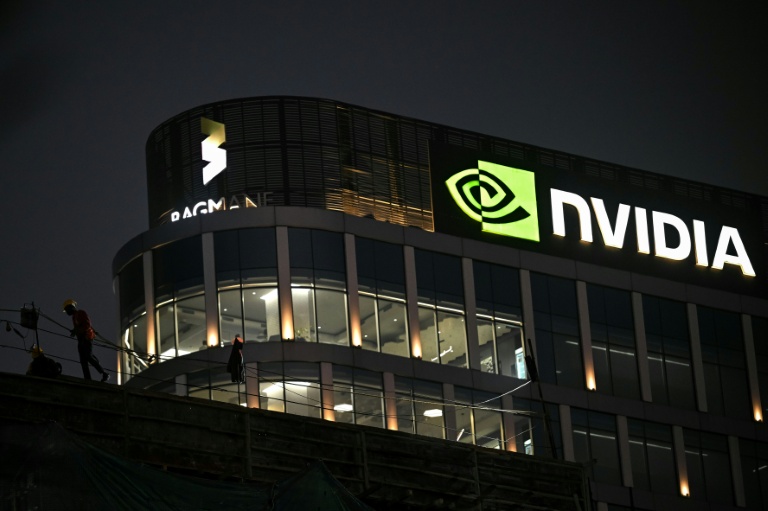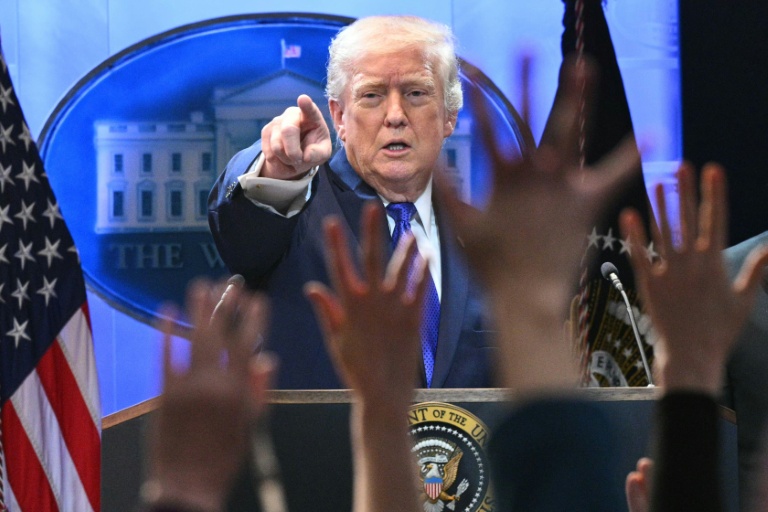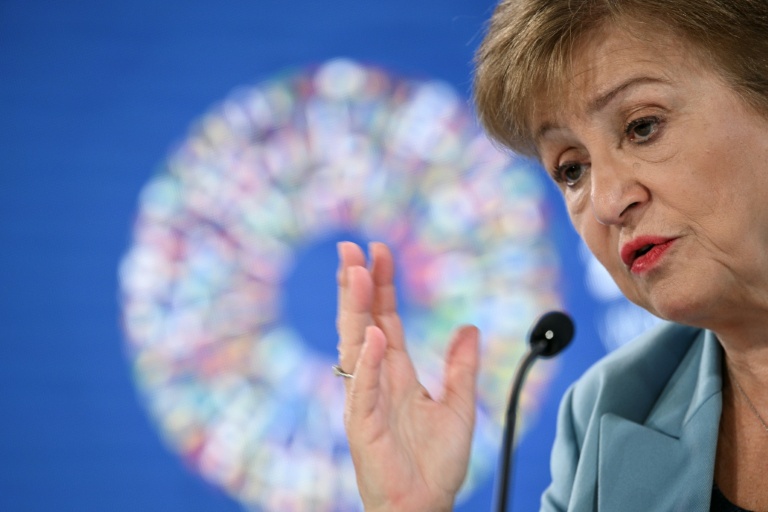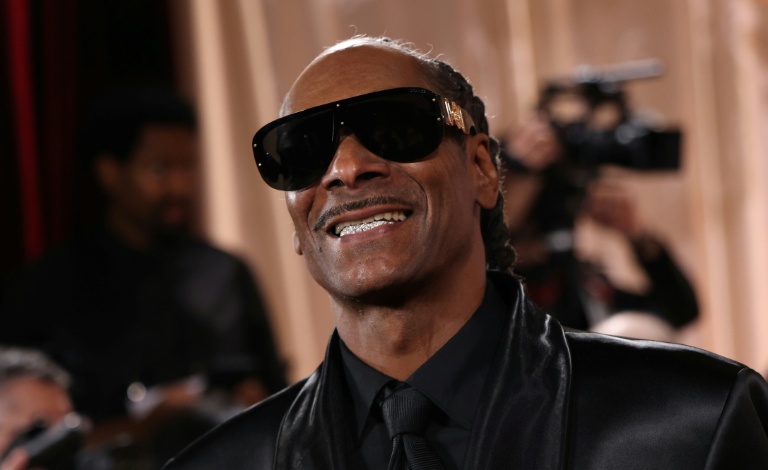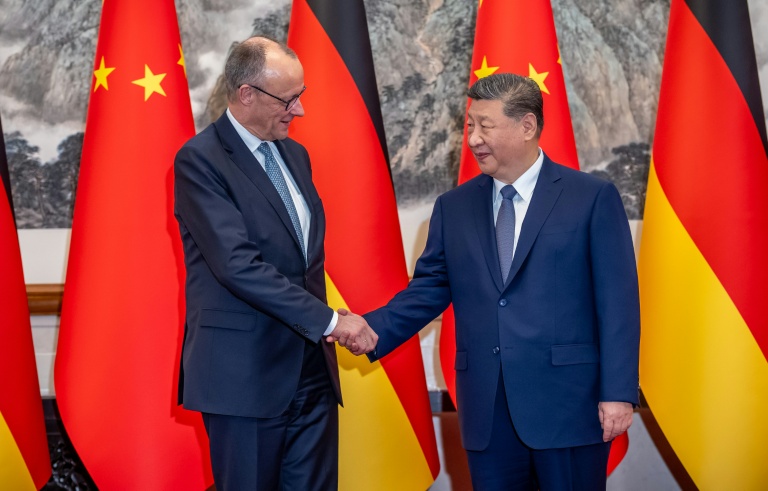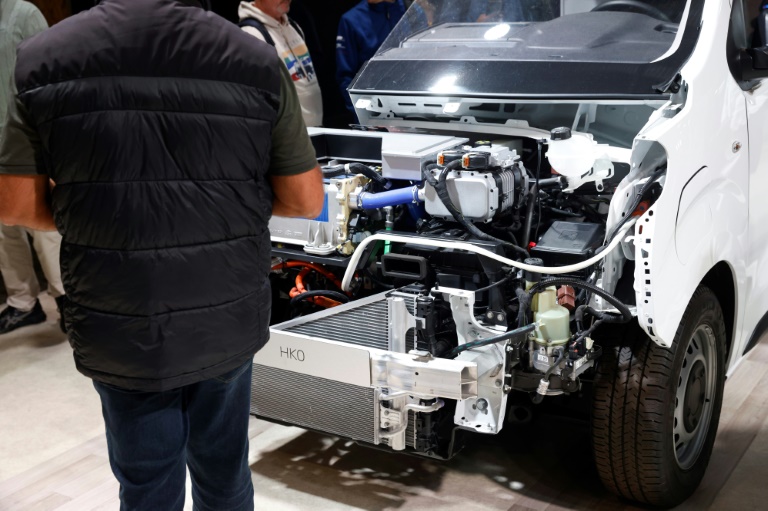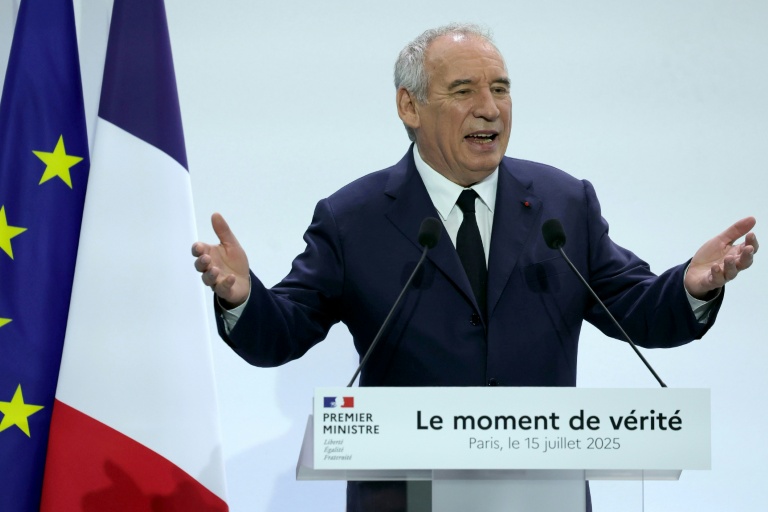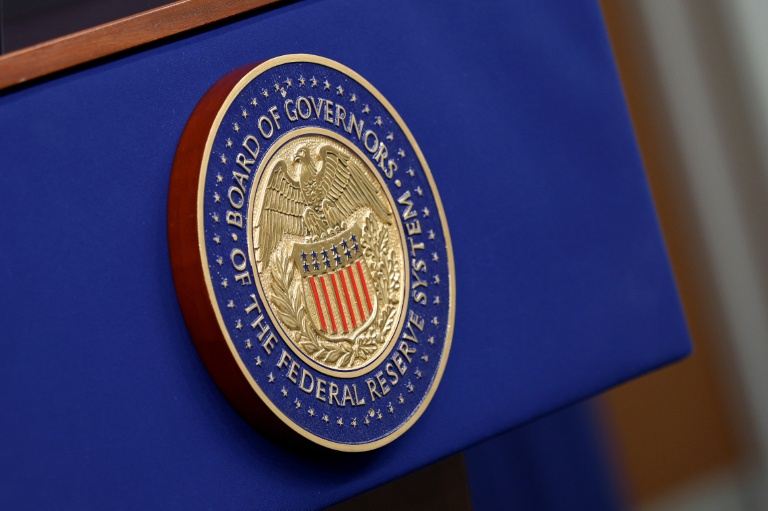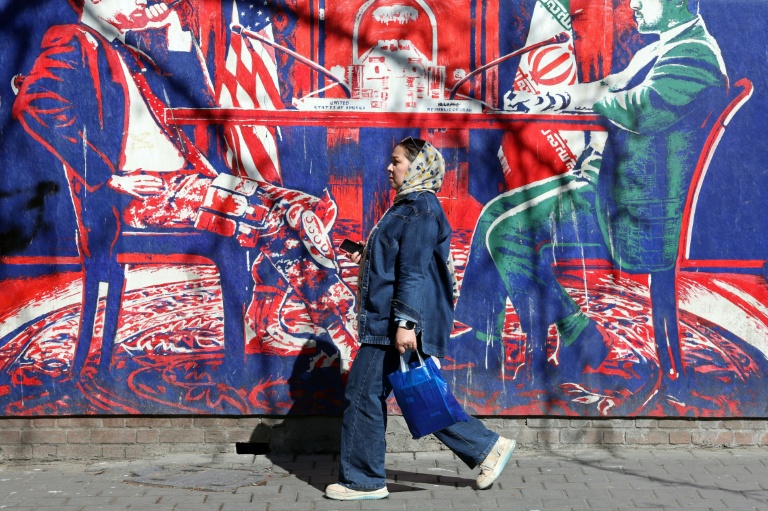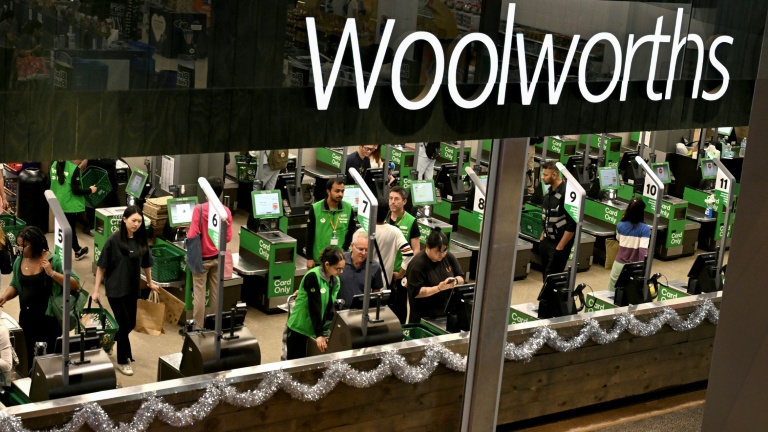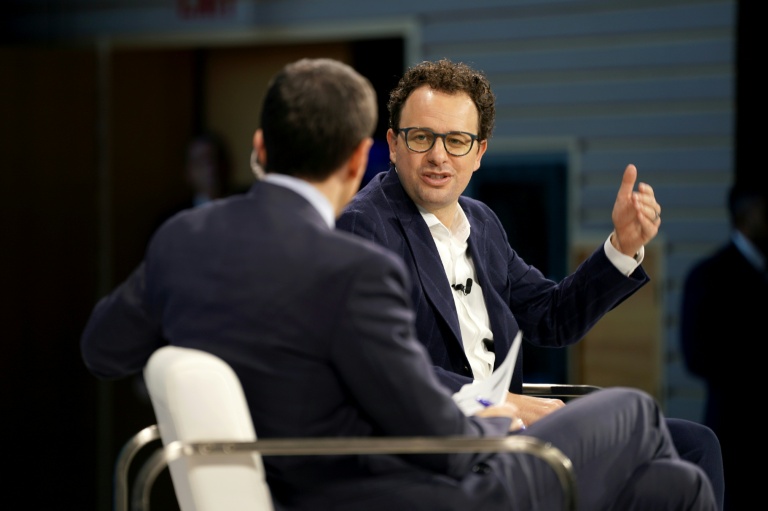Beijing (AFP) – Nvidia CEO Jensen Huang said on Wednesday his firm was “doing our best” to serve China’s vast market for semiconductors after it secured permission from the United States to sell chips to the world’s second-largest economy. Nvidia last week became the first company to hit $4 trillion in market value—a new milestone in Wall Street’s bet that artificial intelligence will transform the global economy. The firm now has a market value greater than the GDP of France, Britain, or India, a testament to investor confidence that AI will spur a new era of robotics and automation.
However, Nvidia has also found itself in the crosshairs of a brutal China-US battle for dominance in semiconductor production, which is vital to the manufacturing of smartphones, wind turbines, military equipment, and other goods. In a rare concession, Nvidia announced on Tuesday that it would resume sales of its H20 AI chips to China after Washington pledged to remove licensing restrictions that had halted exports.
Huang is in the Chinese capital this week to attend the China International Supply Chain Expo, a forum for the country to boost its image as the global defender of free trade in contrast to the tariff chaos sparked by former US President Donald Trump. He told reporters at the expo that top officials, including Vice Premier He Lifeng, had assured him this week that China was “open and stable.” They discussed “China welcoming foreign companies to invest here and build businesses here, and that China is open and stable,” he said.
Huang also mentioned that he assured them his firm was keen to serve the massive Chinese market for microchips needed in everything from mobile phones to electric vehicles. “They want to know that Nvidia continues to invest here, that we are still doing our best to serve the market here,” he stated. Huang addressed the expo’s opening ceremony on Wednesday morning, during which he praised China’s role in pioneering AI. “China’s open-source AI is a catalyst for global progress, giving every country and industry a chance to join the AI revolution,” he said in reference to Chinese AI startup DeepSeek. He also applauded China’s “super-fast” innovation, powered by its “researchers, developers, and entrepreneurs.”
The California-based company produces some of the world’s most advanced semiconductors but cannot ship its most cutting-edge chips to China due to concerns that Beijing could use them to enhance military capabilities. Nvidia developed the H20—a less powerful version of its AI processing units—specifically for export to China. That plan stalled when the Trump administration tightened export licensing requirements in April. However, Nvidia indicated this week that Washington had told it that “licenses will be granted, and Nvidia hopes to start deliveries soon.”
The announcement from Nvidia boosted tech firms around the world, with Wall Street’s Nasdaq exchange rising to another record high. When asked on Wednesday whether he had sought to sway Trump on export controls before heading to China, Huang stated, “I don’t think I changed his mind.” He elaborated, “It’s my job to inform the president about what I know very well, which is the technology industry, artificial intelligence.” He emphasized, “This is a once-in-a-lifetime opportunity for America to have AI technology leadership.” Huang stressed that any discussion on the matter was between the Chinese and US governments and had “nothing to do with me.”
The tightened US export curbs come as China’s economy wavers, with domestic consumers reluctant to spend and a prolonged property sector crisis weighing on growth. President Xi Jinping has called for greater self-reliance in the face of increasing external uncertainty.
© 2024 AFP

